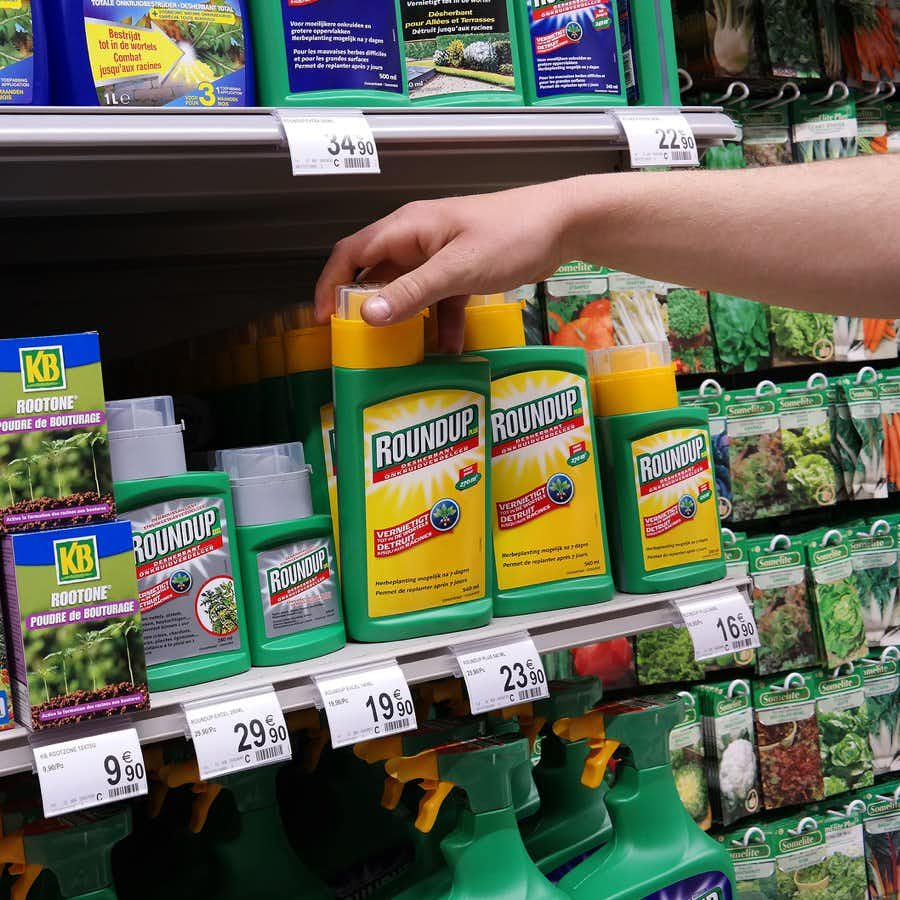
We usually take the most common household products for granted. However, perhaps we should be actively questioning their safety. An analysis of more than 100 consumer products reveals that a surprising number contain potentially toxic chemicals called volatile organic compounds (Environmental Science & Technology, May 2, 2023).
Finding Toxic Chemicals in Household Products:
Many consumer products do not disclose the presence of these agents, such as formaldehyde or benzene. Cleaners, degreasers and detergents are common sources, as are personal care agents such as shampoos, nail polish, polish remover and hair spray.
To identify the compounds, the scientists utilized data from a unique source: the California Air Resources Board. This organization studies volatile organic compounds in consumer products in an effort to reduce smog.
The researchers found concerning levels of toxic chemicals in numerous products. They estimate that people using these products contribute to some 5,000 tons being released into California’s air in a year. Scientists already know that some of these compounds cause cancer or reproductive problems. Others may interfere with proper development.
Compounds of Concern:
They identified 11 chemicals of particular concern, including methanol, the most prevalent. They also found formaldehyde in numerous personal care products, even though it is a known carcinogen. Diethanolamine, N-methyl-2-pyrrolidone, ethylene oxide, methylene chloride and styrene showed up in numerous consumer products. Workplace exposures are particularly worrisome, as the concentration of toxic chemicals day after day may be high. Cumene, also known as isopropylbenzene, appeared in products ranging from laundry detergent to insecticides, along with multi-purpose solvents, caulking compounds and art supplies.
Consumer Products Containing Toxic Chemicals:
The investigators found numerous shampoos, hair sprays and other hair styling products that contained formaldehyde or diethanolamine. Shaving gels, hand cleaners or sanitizers, make up and nail cosmetics may also contain toxic chemicals. Products in the analysis are sold throughout the US, not only in California. The researchers urge manufacturers to reformulate common consumer products to avoid dangerous volatile organic compounds.
Toxic Chemicals Linked to ALS Risk:
Where do you store potentially hazardous chemicals? Many people keep paint, solvents, pesticides, gasoline, gas-powered lawnmowers, chainsaws or leafblowers, lawn care products and other such equipment and toxic chemicals in their garages. Now a study from Michigan indicates that this can raise the risk for ALS (Amyotrophic Lateral Sclerosis and Frontotemporal Degeneration, April 1, 2024). This degenerative nerve disease, amyotrophic lateral sclerosis, is also known as Lou Gehrig’s disease. It robs people of the ability to move their muscles, ultimately including the diaphragm. Not being able to breathe usually results in death.
The increased risk from keeping chemicals in the garage is modest. On the other hand, the results show that it is stronger for garages attached to the house. Cold weather increases air flow through the garage into the house and makes the problem worse. To reduce risk, it would be wise to store woodworking supplies, strong pesticides and lawn care products outside the home in a well-ventilated space.

